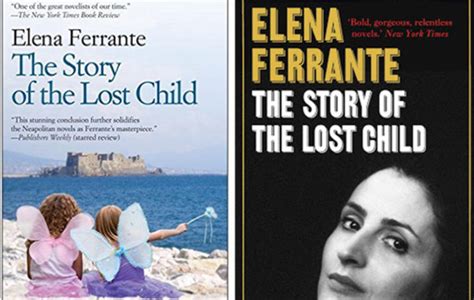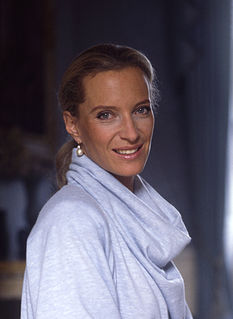A Quote by John Updike
Writers take words seriously-perha ps the last professional class that does-and they struggle to steer their own through the crosswinds of meddling editors and careless typesetters and obtuse and malevolent reviewers into the lap of the ideal reader.
Related Quotes
You've got to be a good reader. So whatever genre that you're interested in, read a lot of books about it and it's better than any kind of writing class you'll ever take. You will absorb techniques and then in a lot of cases you can just start writing using the style of the book or the author that you admire and then your own style will emerge out of that. Be a diligent reader and then try to write seriously, professionally and approach everything in writing in a professional way.
Shakespearean words, foreign words, slang and dialect and made-up phrases from kids on the street corner: English has room for them all. And writers - not just literary writers, but popular writers as well - breathe air into English and keep it lively by making it their own, not by adhering to some style manual that gets handed out to college Freshmen in a composition class.
It is not our free will but 'it is the Lord who sets the captive free' (Ps. 145:7). It is not our own virtue but 'it is the Lord who lifts up those who were laid low' (Ps. 145:8). It is not application to reading but 'it is the Lord who gives light to the blind' (Ps. 145:8). It is not our cautiousness but 'it is the Lord who protects the stranger' (Ps. 145:9). It is not our endurance but 'it is the Lord who raises or gives support to the fallen' (Ps. 144:14).
We must take our sentences seriously, which means we must understand them philosophically, and the odd thing is that the few who do, who take them with utter sober seriousness, the utter sober seriousness of right-wing parsons and political saviors, the owners of Pomeranians, are the liars who want to be believed, the novelists and poets, who know that the creatures they imagine have no other being than the sounding syllables which the reader will speak into his own weary and distracted head. There are no magic words. To say the words is magical enough.







































